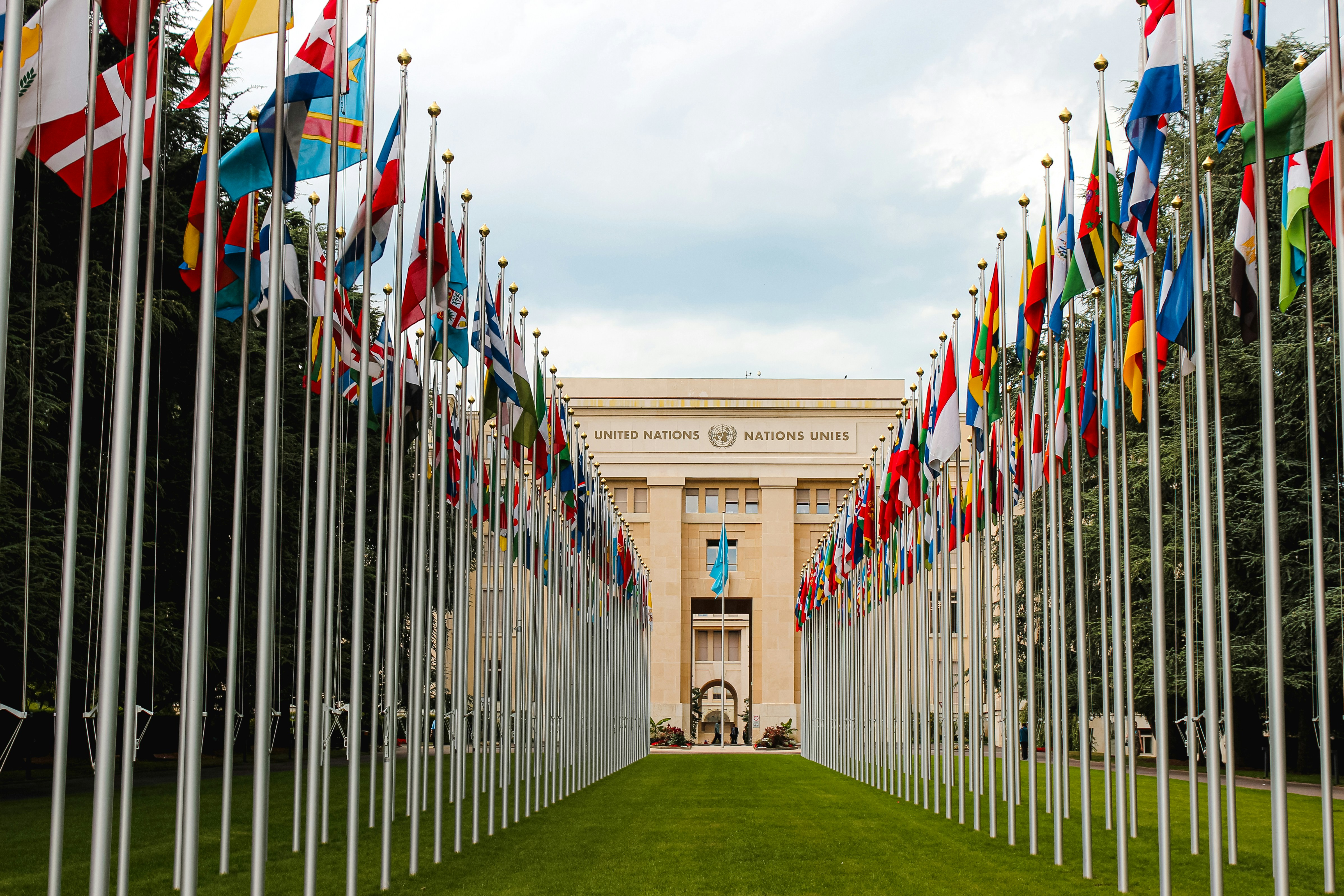The deliberate exit of the United States from core United Nations institutions—ranging from the Human Rights Council to the World Health Organization and the Paris Agreement—is not simply a repudiation of policy frameworks. It is a structural signal. The justification may be ideological or financial, but the consequence is institutional: the withdrawal destabilizes the signaling power of multilateralism.
Former President Donald Trump’s second-term posture, should it materialize, is not a departure from precedent. It is a consolidation. The US has always approached multilateralism with conditionality—embracing it when aligned with domestic interests, and discarding it when deemed obstructive. What has shifted is not the selectivity, but the system-wide discrediting of the multilateral apparatus itself.
The public rationale may invoke sovereignty, fiscal prudence, or national prioritization. But the structural read is unambiguous: a major sovereign actor is no longer willing to bind its behavior to global consensus mechanisms.
The United States has disengaged before. It pulled out of the International Criminal Court jurisdiction in the early 2000s. It exited UNESCO twice—once under Reagan, again under Trump. The rejection of the Kyoto Protocol preceded the Paris Agreement by more than a decade. But those acts were often issue-specific or tied to tactical concerns.
This wave of exits, however, carries a broader institutional repudiation. It delegitimizes the process of multilateral accountability itself. It is not a recalibration—it is a dismantling of the assumption that American presence equals global function.
Where once the US withdrawal signaled a pause or policy dispute, it now threatens to invalidate the legitimacy of the institution entirely. That shift matters—not just for climate accords or pandemic response logistics, but for the architecture of trust that underpins cross-border capital flows, humanitarian coordination, and even security doctrine.
For regional blocs and sovereign capital actors, the message is chilling. The GCC, which balances US security alignment with multilateral soft power strategies, must now assess whether UN-affiliated legitimacy carries the same signaling value. ASEAN policymakers face the same dilemma: to double down on regional coordination structures, or hedge more decisively toward bilateral power projection—particularly with China’s increased institutional assertiveness.
Singapore’s strategic ambiguity may serve it well here. As a state deeply invested in multilateral stability but dependent on US strategic presence, its policy bandwidth must now expand. Hedging is no longer simply about great power rivalry—it is about institutional redundancy. If the US won’t anchor the WHO, ASEAN states may need to fund regional disease surveillance directly. If the US devalues the Paris Agreement, the EU’s CBAM (Carbon Border Adjustment Mechanism) may become the de facto enforcement logic.
Even soft-power actors like Norway or Switzerland—traditionally trusted convenors in global governance—may find their roles expanded. As the UN system is weakened, mid-power states with fiscal bandwidth and diplomatic credibility will be called to fill the procedural void.
Markets do not wait for formal resignations. They interpret drift, opacity, and antagonism as predictive indicators. Sovereign wealth funds, particularly those in the Gulf and East Asia, have already begun adjusting risk premia on coordination-reliant sectors: global health logistics, multilateral debt relief programs, and climate adaptation infrastructure.
Multilateral financing instruments like World Bank development bonds or green climate funds rely heavily on the US as both contributor and validator. Without American engagement, their benchmark credibility softens. This doesn’t automatically derail capital flow—but it introduces friction. Fund structuring, rating logic, and disbursement velocity all slow when institutional predictability is in question.
Expect to see more bilateral substitutes, regional development finance institutions, and hybrid fund models emerge—especially those that can layer Western ESG logic with non-Western execution autonomy.
It is tempting to treat this institutional retreat as cyclical. A change in administration could reverse posture, rejoin accords, and restore funding pipelines. But that misreads the structural signal. When a global hegemon not only exits but actively discredits the machinery of multilateral consensus, it creates a market memory. Future commitments—no matter how well-intentioned—will carry discount factors. Sovereign actors will demand redundancy, flexibility, and opt-out clauses. Consensus will be priced with conditionality.
The damage is not in the exit alone. It is in the signaling behavior that says: “Institutions are optional.” That posture is not costless. It erodes trust, distorts signaling, and encourages self-insurance. And that, more than any speech or treaty, is the real shift in global capital logic.
This isn’t just isolationism. It’s institutional nihilism. A world where the US disengages not just tactically but systematically from multilateral frameworks is a world where coordination risk becomes embedded. Sovereign funds will adjust. Central banks will hedge. But multilateralism itself may never again be assumed as the baseline. It must now be earned, diversified—or replaced.














-1.jpg&w=3840&q=75)